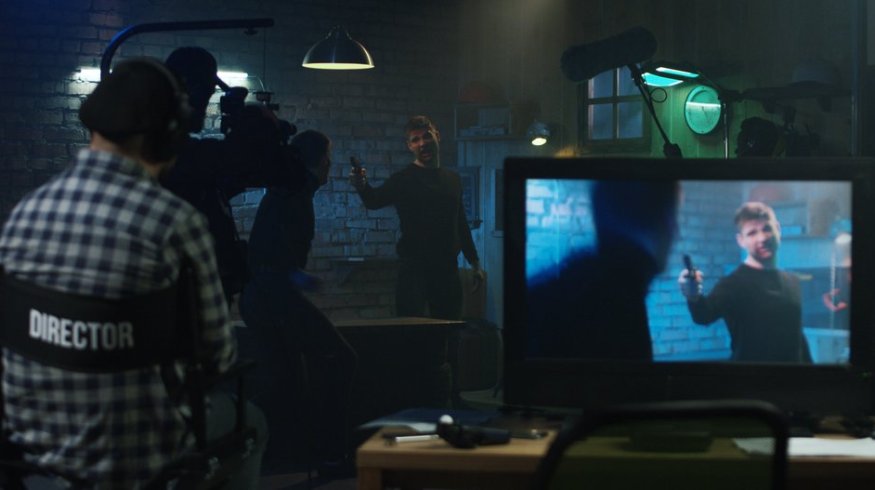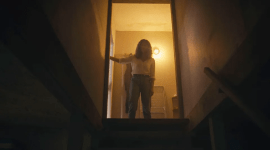
7 Top-Notch Tutorials for Learning the Basics of Filmmaking
From building a crew to shooting and editing a video, here’s everything you need to know to begin your filmmaking career.
For many, baptism by fire might be the best approach for learning the basics and diving into the world of filmmaking. Don’t wait for the right camera, the right crew, or the right opportunity. Just go do it! And while that may be the best advice you could ever receive, let’s face facts — there’s a lot to learn in order to succeed in this industry.
It doesn’t matter whether you’re on day one of getting into filmmaking, or you’ve been working for several years. There’s always something you don’t know. Take these tutorials below covering the basics of filmmaking. In each video, there are countless pieces of great information you might have never heard before. So, let’s dive in!
Writing Tips to Make Your Film Better
Let’s start at the most basic building blocks of the art of filmmaking — the art of telling, and writing, a good story. Take this creative and informative video tutorial from PremiumBeat’s own Robbie Janney as an introductory course into not just the how of scriptwriting, but also with several helpful tips on how to push through creative blocks to find your best story.
You can read more about the entire process here.
The Different Types of Shots
Moving on to the basics of actual video production and filmmaking, this tutorial by Tomorrow’s Filmmakers is a great primer on the basics of framing. Part of learning the art of filmmaking is learning and understanding the different types of shots you can capture, as well as the correct terms (like long shot, medium shot, and close up, etc…) and how to start making creative decisions on how to use them.
What You Need to Know About White Balance
One of the more tricky (and, at times, frustrating) elements of working with cameras and compositions is the all-important concept of white balance. Luckily, though, we have Lewis McGregor for Shutterstock Tutorials giving us a full breakdown. Not just into white balance either, but on how important understanding color theory is to the filmmaking process.
You can follow along for more information in this in-depth article here.
Everything You NEED to Know About F-Stops
Along with understanding the white balance above, the concept of depth of field is equally as important. In this tutorial presented by Zach Ramelan, we get an expert crash course into everything you need to know about f-stops. And, not just what they are, but a guide to learning the creative motivations behind deep and shallow depth of field filmmaking. Read up more on the entire concept in this article here.
The Basics of Recording Audio for Digital Video
And, while it’s important to understand all the elements of visual cinema, let’s not forget the importance of audio in the filmmaking process. In this tutorial, from Filmmaker IQ, we get an important reminder that audio is often the make-or-break aspect of a film or video project. With insights and tips into the basics of recording audio, you should be just about ready to dive into your first project.
Putting Together a Film Crew
This is onne of my favorite tutorials on this list. The idea that once you know the basics of filmmaking means you’ll be ready to run-and-gun simply isn’t true. Working on films are, most often, a collaborative endeavor. And for that reason, you need to understand what makes a film crew work. What are the different roles and different jobs? And, more importantly, which do you actually need for any given project?
You can read much more on this topic in the full article here.
Video Editing for Absolute Beginners
Post-production and video editing are often the last tasks you perform. However, it’s an essential part of the entire filmmaking process. While you can find some great resources for learning industry standard video editing platforms — like Adobe Premiere Pro and DaVinci Resolve — when you’re first starting out, the basic concepts of video editing are really the most important aspect.
In the tutorial above, D4Darious lays out some great foundational concepts to learn as you develop your own editing knowledge and sensibilities, which you can then transfer to other programs and platforms in the future.
Cover image by FrameStockFootages.
For more filmmaking guides, lists, and resources, check out some of these articles below:






